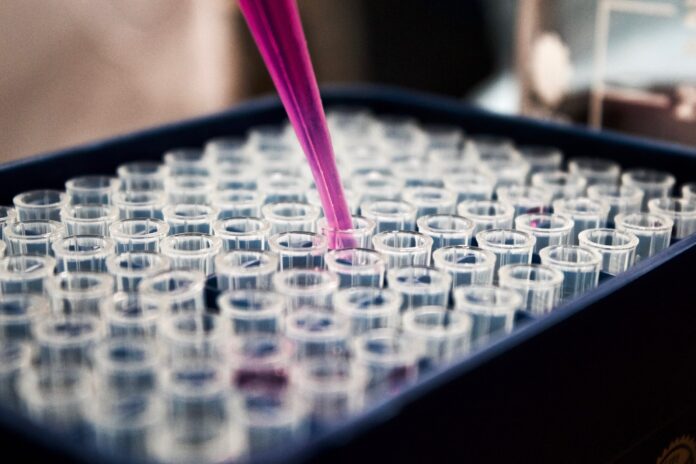Objective
The P301S mutation in exon 10 of the tau gene causes a hereditary tauopathy. While mitochondrial complex I inhibition has been linked to sporadic tauopathies. Piericidin A is a prototypical member of the group of the piericidins, a class of biologically active natural complex I inhibitors, isolated from streptomyces spp. with global distribution in marine and agricultural habitats. The aim of this study was to determine whether there is a pathogenic interaction of the environmental toxin piericidin A and the P301S mutation.
Methods
Transgenic mice expressing human tau with the P301S-mutation (P301S+/+) and wild-type mice at 12 weeks of age were treated subcutaneously with vehicle (N = 10 P301S+/+, N = 7 wild-type) or piericidin A (N = 9 P301S+/+, N = 9 wild-type mice) at a dose of 0.5 mg/kg/d for a period of 28 days via osmotic minipumps. Tau pathology was measured by stereological counts of cells immunoreative with antibodies against phosphorylated tau (AD2, AT8, AT180, and AT100) and corresponding Western blot analysis.
Results
Piericidin A significantly increased the number of phospho-tau immunoreactive cells in the cerebral cortex in P301S+/+ mice, but only to a variable and mild extent in wild-type mice. Furthermore, piericidin A led to increased levels of pathologically phosphorylated tau only in P301S+/+ mice. While we observed no apparent cell loss in the frontal cortex, the synaptic density was reduced by piericidin A treatment in P301S+/+ mice.
Discussion
This study shows that exposure to piericidin A aggravates the course of genetically determined tau pathology, providing experimental support for the concept of gene-environment interaction in the etiology of tauopathies.
Matthias Höllerhage, Roman Deck, Anderson De Andrade, Gesine Respondek, Hong Xu, Thomas W. Rösler, Mohamed Salama, Thomas Carlsson, Elizabeth S. Yamada, Seham A. Gad El Hak, Michel Goedert, Wolfgang H. Oertel, Günter U. Höglinger. 2015. Piericidin A aggravates tau pathology in P301S transgenic mice. PLOS one 9(12):e113557.
Image credit: Louis Reed, unsplash.com
Institute of Global Health and Human Ecology, American University in Cairo, Egypt
Dr Mohamed Salama established the first Translational Neuroscience Unit in Egypt. Mohamed’s collaborative research led to establishing the Egyptian Network for Neurodegenerative Disorders (ENND). Mohamed was selected as a SOT Global Senior Scholar in 2013 and Translational/bridging awardee in 2016. He was awarded by Parkinson’s and Movement Disorders Foundation (PMDF) for his continuing research in the field of neurodegeneration.
Recently, Mohamed and his colleagues succeeded to draft the first Reference Egyptian Genome and collaborating with other colleagues to start a national cohort (A Longitudinal Study of Egyptian Health Aging [AL-SEHA]). Currently, Mohamed is Atlantic senior fellow for Equity in brain health at the Global Brain Health Institute (GBHI) and Associate professor at the Institute of Global Health and Human Ecology at the American University in Cairo (AUC).



